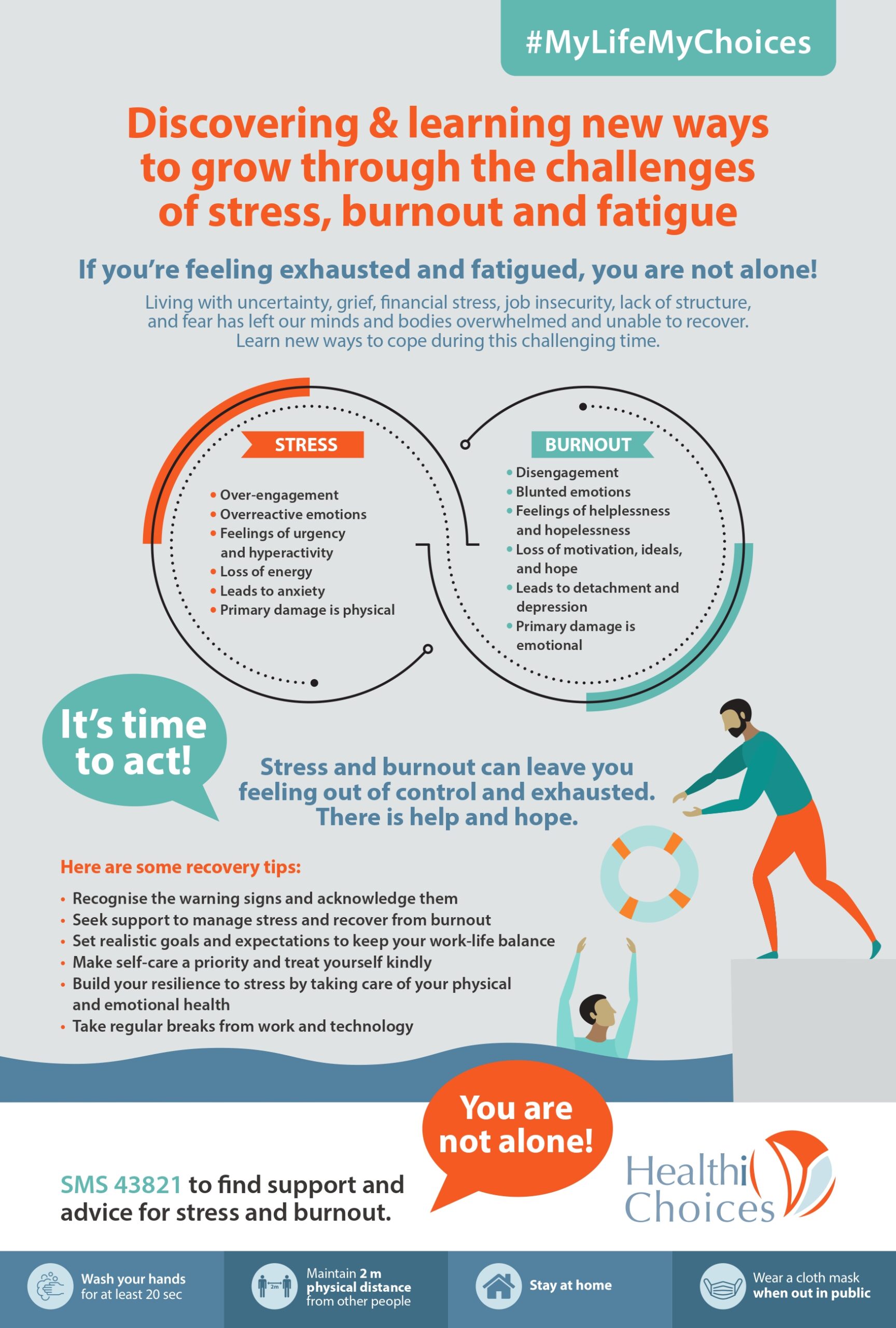Desk-rage: how stressed are you?
If you feel overwhelmed and easily angered then you may be more stressed than you think.

Small daily gripes – your computer feels slower than a tortoise, the printer is on the blink, your colleague wants to gossip – and you have a critical deadline. These issues shouldn’t cause anger, just momentary frustration, but when these seemingly small issues add up and result in real anger this is a sign that all is not well.
Desk rage is a phrase used to describe episodes of on-the-job anger where colleagues lash out at one another, often verbally but sometimes with physical violence. Desk rage is generally a symptom of workplace stress, too many commitments, too little time and long hours, where employees may crack under the pressure or reach burnout.
Worryingly, desk rage is fairly common. A telephone survey conducted with over a thousand American employees revealed that one third of the respondents admitted to ‘yelling at someone’ at work and 24% of those interviewed admitted crying at work.
Heading for burnout
Burnout is a term used to describe a state of long-term exhaustion and a decreased interest in work occurring over an extended period of time. Physically, you may experience symptoms of illness and you’re likely to be emotionally affected too.
“Some other indications are a loss of ‘joy’ or enthusiasm for life or feeling exhausted all the time“, says Colleen Johnson, qualified counselling and educational psychologist. “You may also lose interest in things you previously enjoyed, feel overwhelmed or be hyper-emotional.“
Burnout can creep up on you. The signs and symptoms may be subtle, but often worsen over time. “Some of the early warning signs are feeling tired and drained most of the time, getting sick often, feeling isolated and alone, or becoming increasingly pessimistic“, says Colleen. You may also have headaches, back pain, muscular tension, insomnia and you could turn to drugs or alcohol to feel better. “Generally, if you experience a large number of these symptoms you are either suffering from burnout or on your way towards burning out“, says Colleen. Always remember that while ‘good’ stress may help us get things done, ‘bad’ stress can rob our happiness and contribute to serious health issues. Getting a handle on stress and seeking professional advice may thus lower the chance of desk rage.
Get a handle on stress
- Identify your stressors
Colleen suggests identifying your stressors and then prioritising them from the most important to the least important. This will give you a good idea of what your greatest sources of stress are about. - Delegate and communicate
Don’t be afraid to delegate tasks – it doesn’t mean that you aren’t coping, but rather that you are making constructive decisions to help you cope better. It’s okay to ask for help! If you are overwhelmed at work, speak to your manager about ways to help you get back on track. If stress is linked to home and family, speak to your spouse or a trusted family member about delegating some of the household responsibilities. A good balance between home and work can help you to feel more in control. - Give yourself a time-out
If you feel overwhelmed or angry, take a few minutes to calm down. Take a walk to the canteen, coffee area or even the restroom. Practice deep breathing and calm down. - Do a mental check
If you are feeling cranky or angry, take a moment to stop and consider the problem from several angles. Is this small, medium or something major? If it is something really minor, curb your reaction – don’t make mountains of mole hills. - Eat healthily and get some exercise
You may have heard this one before, but it’s an important point. Good nutrition coupled with exercise can help you cope better with stress. Walking is a great way to release tension and ease depression. Consider supplementing a good diet with a multi-vitamin tablet to ensure that you are getting all the vitamins and minerals your body and mind need to function at their best.
When to get help
According to Colleen, because burnout usually creeps up on you, most people will only seek help when something critical occurs; for example: a mild-mannered employee losing his or her temper or acting aggressively. “Some of the red flags to get help are feelings of complete hopeless or helplessness, the inability to be productive, feelings of detachment or any suicidal thoughts“, she says. If you are feeling overwhelmed or you need assistance with any emotional concerns, contact your Employee Wellbeing Programme for assistance sooner rather than later.
Resources
- Colleen Johnson, counselling psychologist
- http://www.careerintelligence.com
- http://www.telegraph.co.uk
- http://www.mindtools.com

